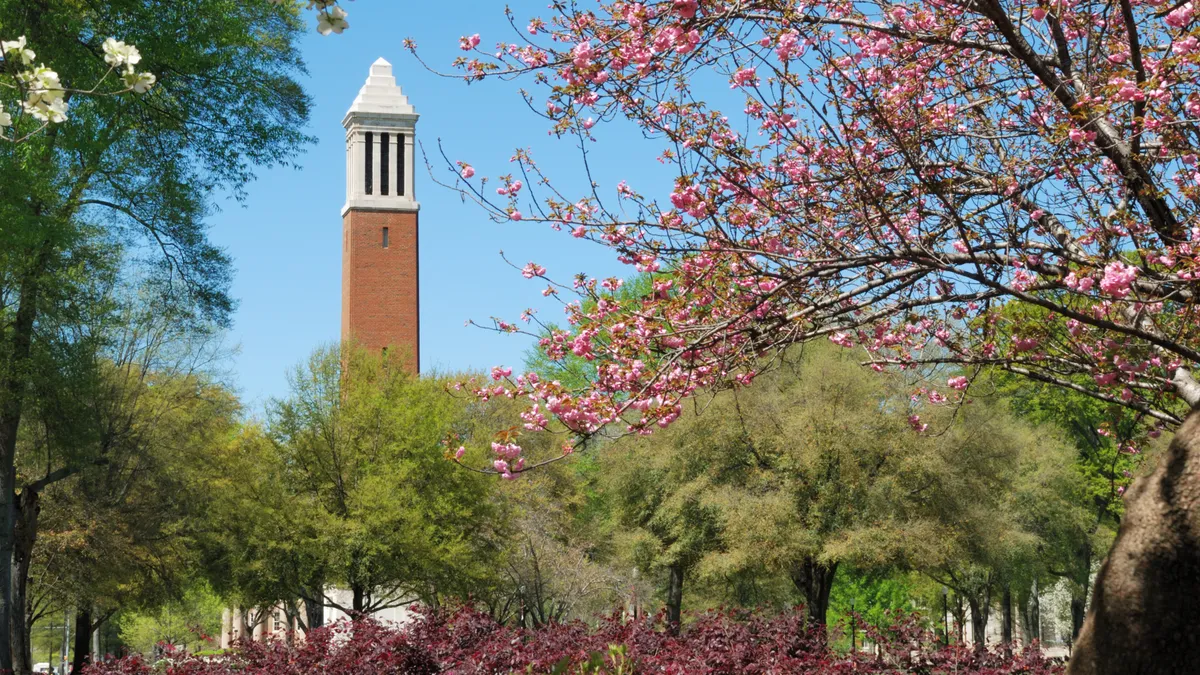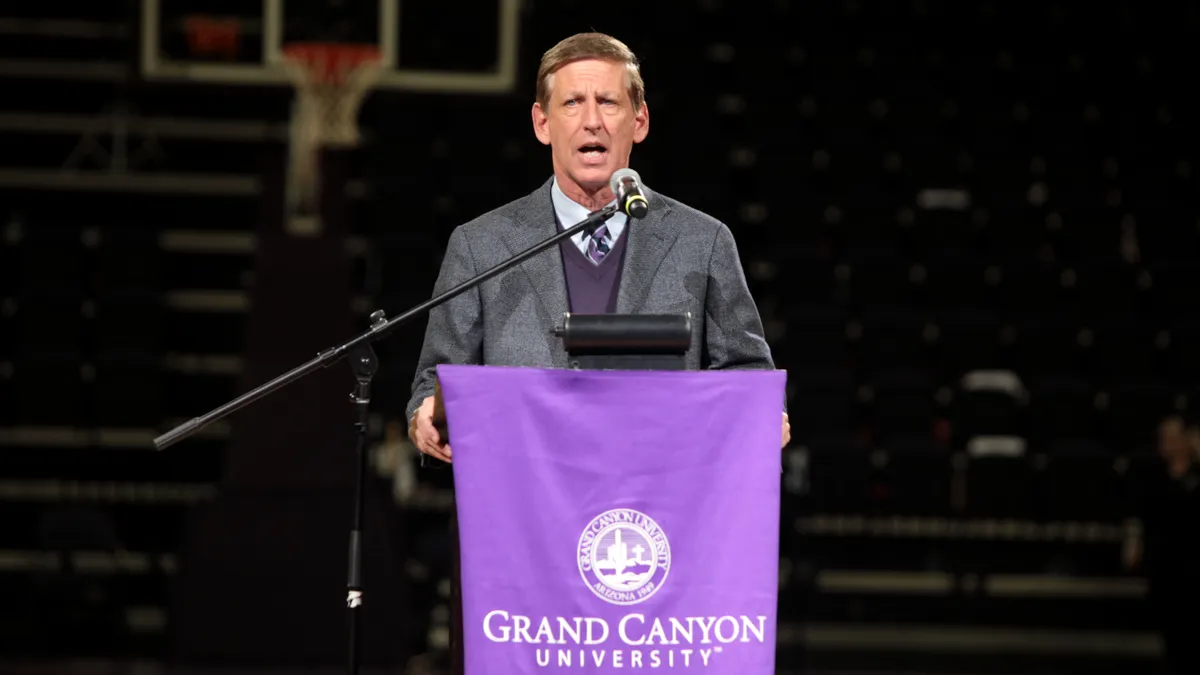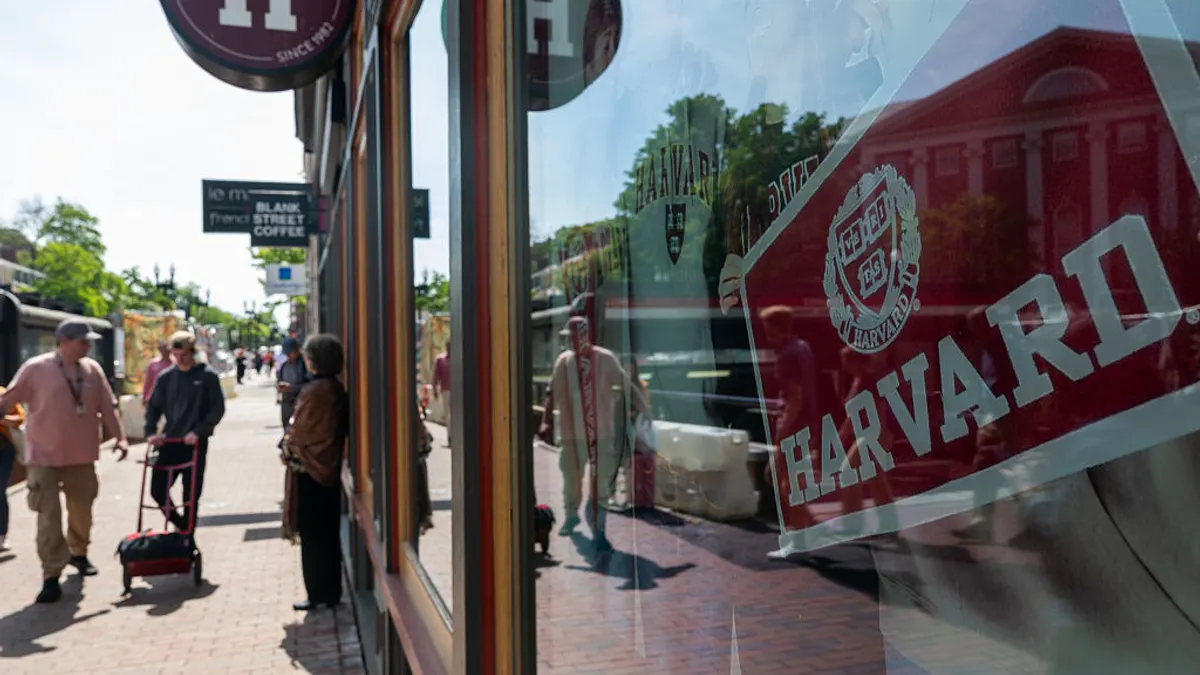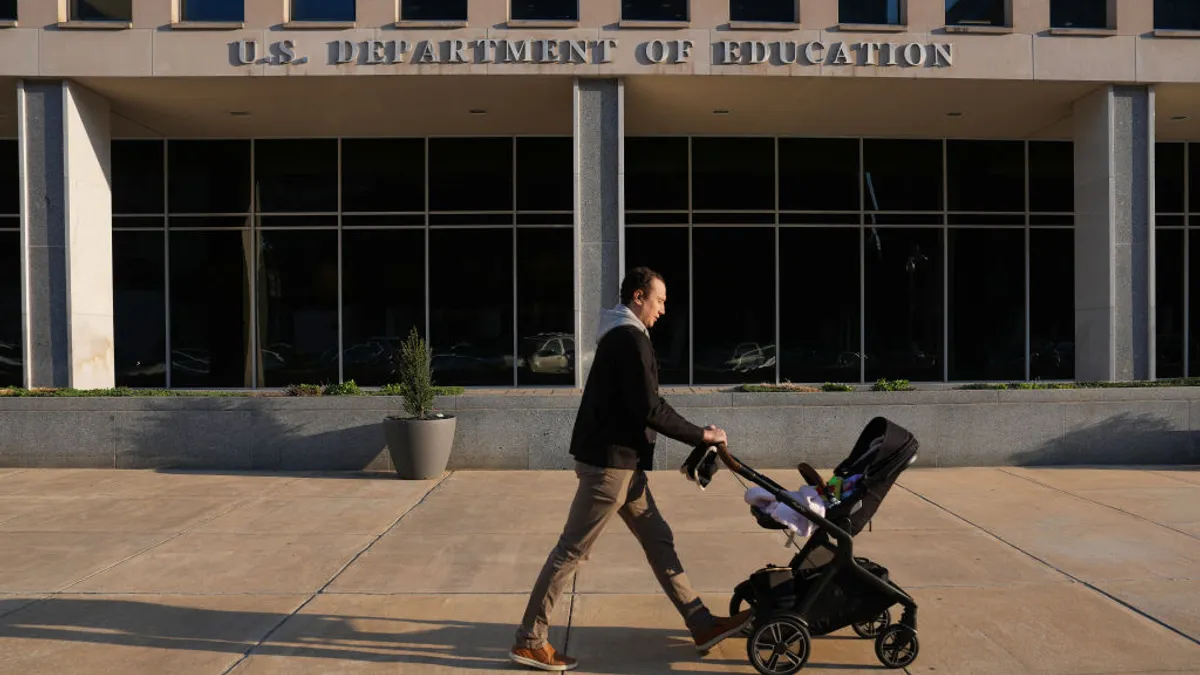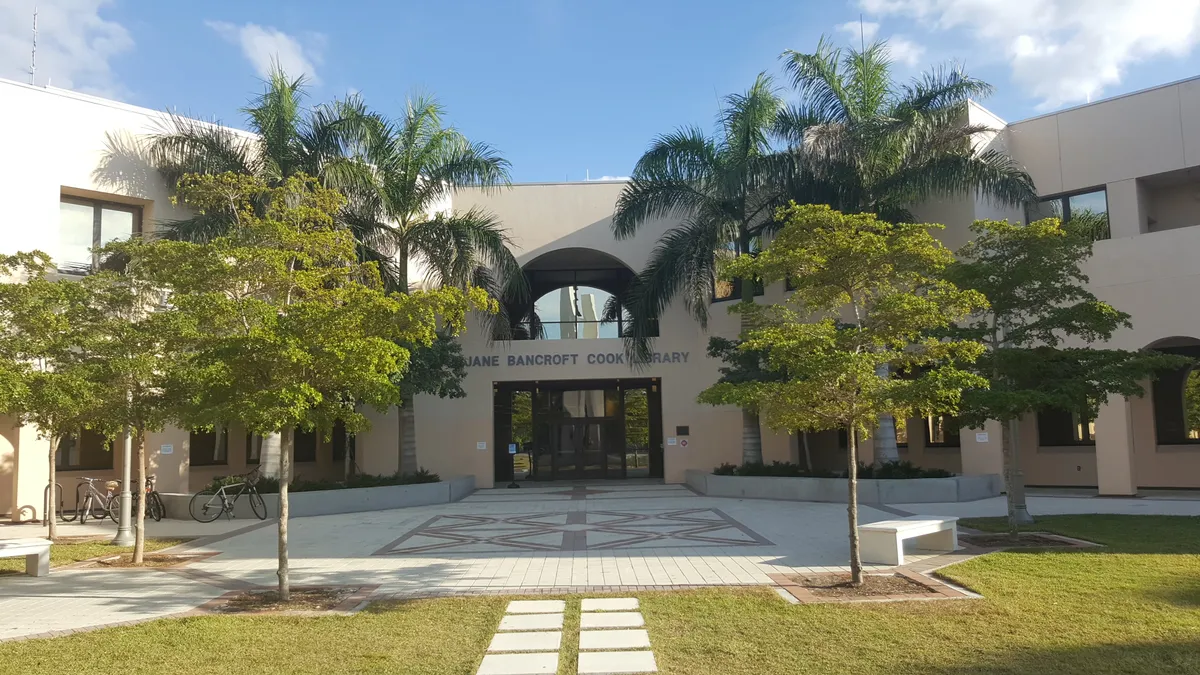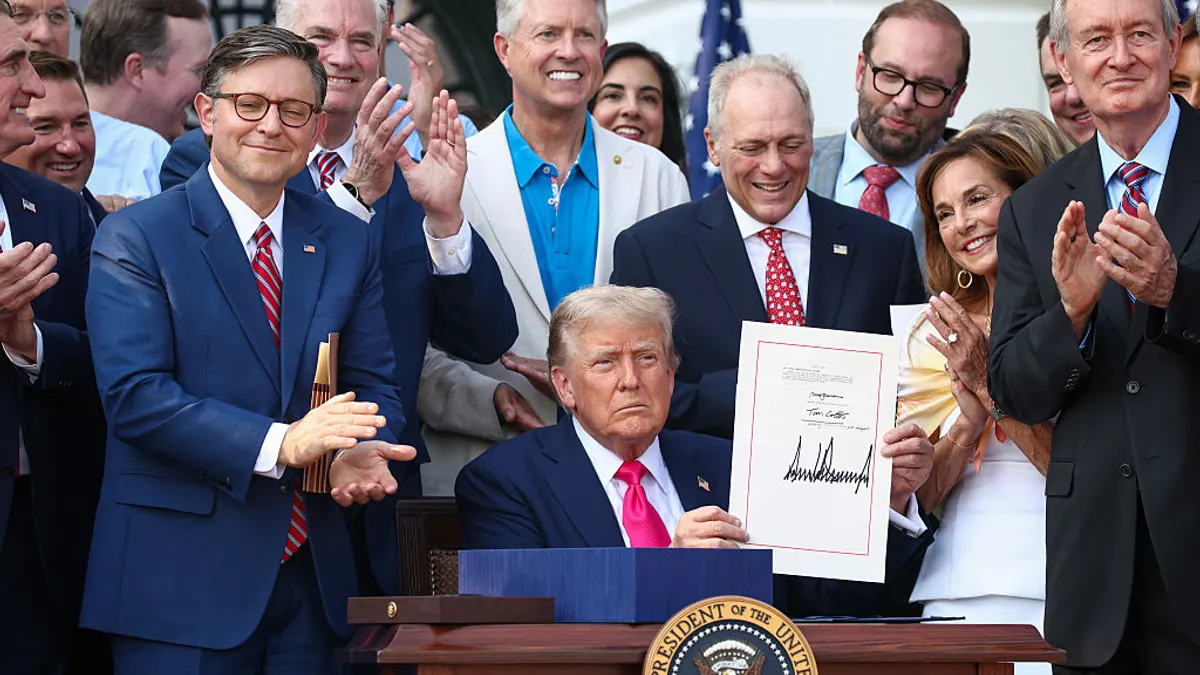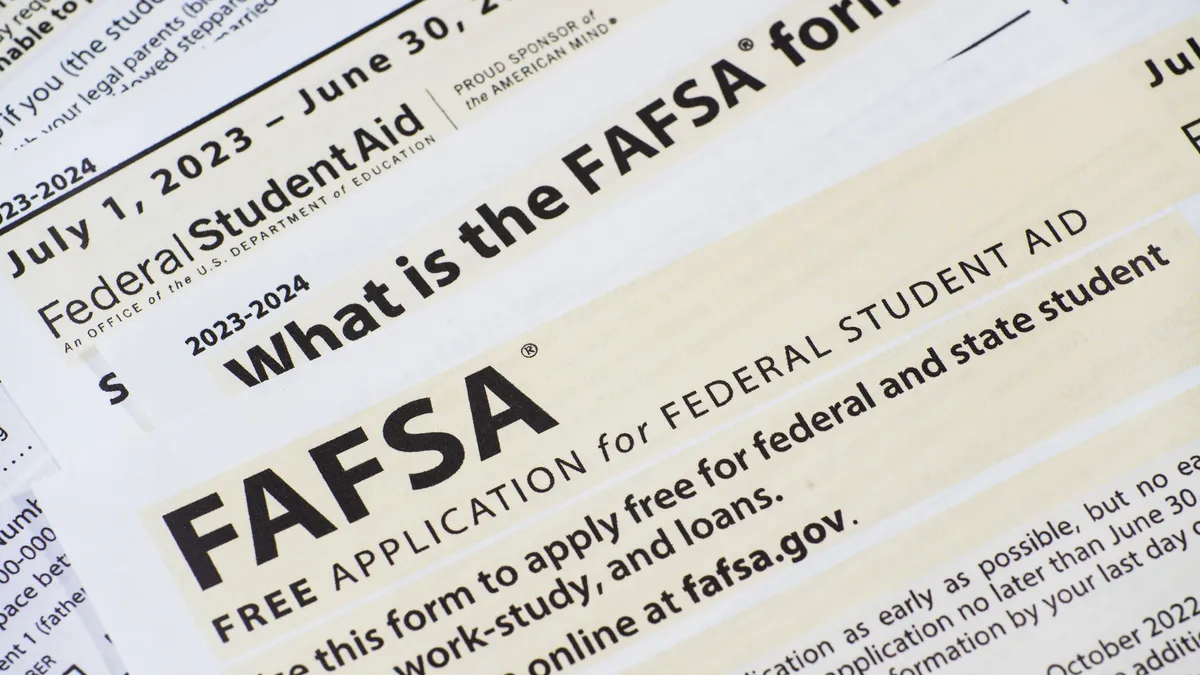Monday, Secretary of Homeland Security Kirstjen M. Nielsen announced her decision to terminate the Temporary Protected Status for immigrants from El Salvador, which has allowed hundreds of thousands of individuals to remain in this country without fear of being deported. The move piggybacked on a November announcement from her predecessor, Acting Secretary of Homeland Security Elaine Duke announced her decision to terminate the Temporary Protected Status designation for Haiti. Sudan and Nicaragua have already had their TPS status revoked.
At the same time, President Donald Trump’s proposed travel bans are in effect — for now, at least, while the country waits on a lower appeals court to reach a permanent decision — thanks to a December U.S. Supreme Court ruling.
As the spring semester gets under way on campuses across the country, conversations about international student enrollment and success have been a source of pervasive anxiety for institutions since the first version was announced roughly a year ago, as Trump took office. Whether they are from the targeted countries or not, there is a sense of uncertainty for many individuals about the impact this administration's policies will have on their futures in this country.
And it isn't just students who are affected; as is the case with DACA and other programs which grant residency status on the basis of an individual's ability to work and learn in this country, faculty and other university staff are also concerned about how the administration will impact not only their livelihoods, but their families. Experts have warned of the disruptive effect these policies could have on hiring and collaborating with international faculty and researchers, with the rhetoric ingrained in the public discussion around them potentially leading esteemed international professors to forego work in the United States altogether, according to Brad Farnsworth, Vice President of the Center for Internationalization and Global Engagement at the American Council on Education (ACE).
“The leading scholars in any field have choices. They don’t have to come to the United States. There are leading scientific and research facilities around the world,” he said. “They will have choices and will act on those choices depending on their perception.”
In October, the ACE joined 29 other education associations in filing an Amicus Brief to the Supreme Court in support of parties opposing the original January ban of individuals from six Muslim-majority nations in Trump vs. International Refugee Assistance Project and Trump v. Hawaii. In the brief, ACE argued the ban makes it more difficult for American universities to make international faculty feel secure they could enter and leave the United States without risking a refusal of re-entry or additional scrutiny. If those faculty seek options outside of the United States, it could damage the opportunity for advancements in research.
“Education and research is a competitive exercise,” said ACE Vice President and General Counsel Peter McDonough. “You compete for the best and brightest minds and compete for dollars.”
Ban could reverberate beyond the named countries
Trump’s original Executive Order, issued in late January, called for a temporary barring of all individuals from Iraq, Iran, Syria, Yemen, Libya, Sudan and Somalia as well as a temporary halt to the U.S.’s refugee program. The order caused mass confusion, protests and legal challenges at airports throughout the country, and a temporary nationwide stay was issued on Feb. 3. The Trump administration, which did not respond to a request for comment on this story, issued a second order on March 16.
“As President, I must act to protect the security and interests of the United States and its people,” the September proclamation amending the March order read. “I am committed to our ongoing efforts to engage those countries willing to cooperate, improve information-sharing and identity-management protocols and procedures, and address both terrorism-related and public-safety risks. Some of the countries with remaining inadequacies face significant challenges.”
The September order states that individuals with a “bona fide relationship” should be allowed into the U.S., including those with a valid student or work visa, and the list of affected countries was amended to Chad, Iran, Libya, North Korea, Syria, Venezuela, Somalia and Yemen, as well as instituting an ongoing review process to determine if restrictions should continue.
The American Association of University Professors (AAUP) was one of the co-signers of the ACE brief challenging the initial ban, and the brief details many issues that AAUP General Counsel Risa Lieberwitz argues still remain in the newest iteration. The EO causes “greater insecurity” among countries that had not been named, and she worries faculty from other countries not included in the order may still be dissuaded from seeking American job prospects.
“That issue of perspective on the United States and the policies that the U.S. adopts will affect the viewpoints of faculty from other countries on whether they wish to come here,” she said. “The chilling effect is very real and there may be people who individually feel they can be secure and come to the U.S. because their countries are not targeted and not anticipated to be targeted, but may not want to because of the attitudes expressed by the administration towards immigrants.”
The brief detailed several instances of this “chilling effect,” including a Saudi Arabian hepatologist on the University of Rochester Medical Center’s Division of Solid Organ Transplantation who expressed concerns about the future status of his home country. Additionally, the school’s Chief of Solid Organ Transplantation is a Mexican national and has delayed talks at conferences in Canada, Argentina, Germany and the Czech Republic because of fears the ban could expand during his absence from the U.S.
Could international research and collaborated be stymied?
Lieberwitz said she is concerned more scholars could decline to present at international conferences, including those housed in the U.S. The ACE brief also cited an academic boycott of conferences held in the U.S. because of the ban that had more than 6,600 signatories as of early March.
In the brief, ACE cites several instances where the ban affected conferences of international faculty. The Columbia Law School Human Rights Clinic was forced to cancel a workshop planned for researchers from Yemen and the United States that would investigate ways to improve mental health services in the former country (the clinic was later reinstituted but was delayed for months at a cost to the university and to the potential for the clinic's research). Additionally, the International Studies Association saw many of its foreign participants decline to participate due to a boycott in response to the travel ban.
And while Lieberwitz said technology alleviates some of this concern, making it easier for professors to collaborate than ever before, there is still a need for face-to-face engagement, she said.
“A lot of research collaborations start at conferences,” Farnsworth said. “A lot of these collaborations start with serendipitous meetings at conferences and the conversations that ensue.”
Lieberwitz agreed.
“There is nothing that replaces fully the ability to sit in a room together and work on ideas that can come to fruition sooner or later in terms of research,” she said. “The way these research projects happen is by getting to know each other, seeing that you have goals in common, that you can navigate differences. That may include a group, not just two faculty members ... and it’s important to move easily across borders and feel welcome in doing it.”
It can be difficult to measure the impact of the ban on international faculty involvement in U.S. research, since many professors might decide not to pursue an American position or collaboration at all. A recent survey found that 40% of responding colleges reported they’d encountered significant drops in international student enrollment this year, though the data's accuracy is hard to discern, and how intertwined it is with the administration’s immigration policy is speculative. According to the Institute for International Education, 15,400 students and 2,100 faculty or researchers in the U.S. were from one of the six countries in the initial ban during the 2015-2016 school year, most of them from Iran.
McDonough said school leaders must help international students through the process of assessing their safety in a moment of heated political rhetoric and perspectives that could be capsized with a single tweet, while Farnsworth said school administrators are responding by investing in improving the quality of life for international students. However, he worried about the long-term sustainability of these kinds of initiatives without any kind of relief from the federal government.
“We do feel that more research needs to be done on the impact of students and scholars in the United States. The brief does a very good job of stating where we are, but we think some more nuanced research can make a much stronger case as to why these two groups contribute substantially,” he said. “We really want to continue to remind our own government that this is a global market for talent, and the rest of the world is not standing still as the United States goes through this debate."





